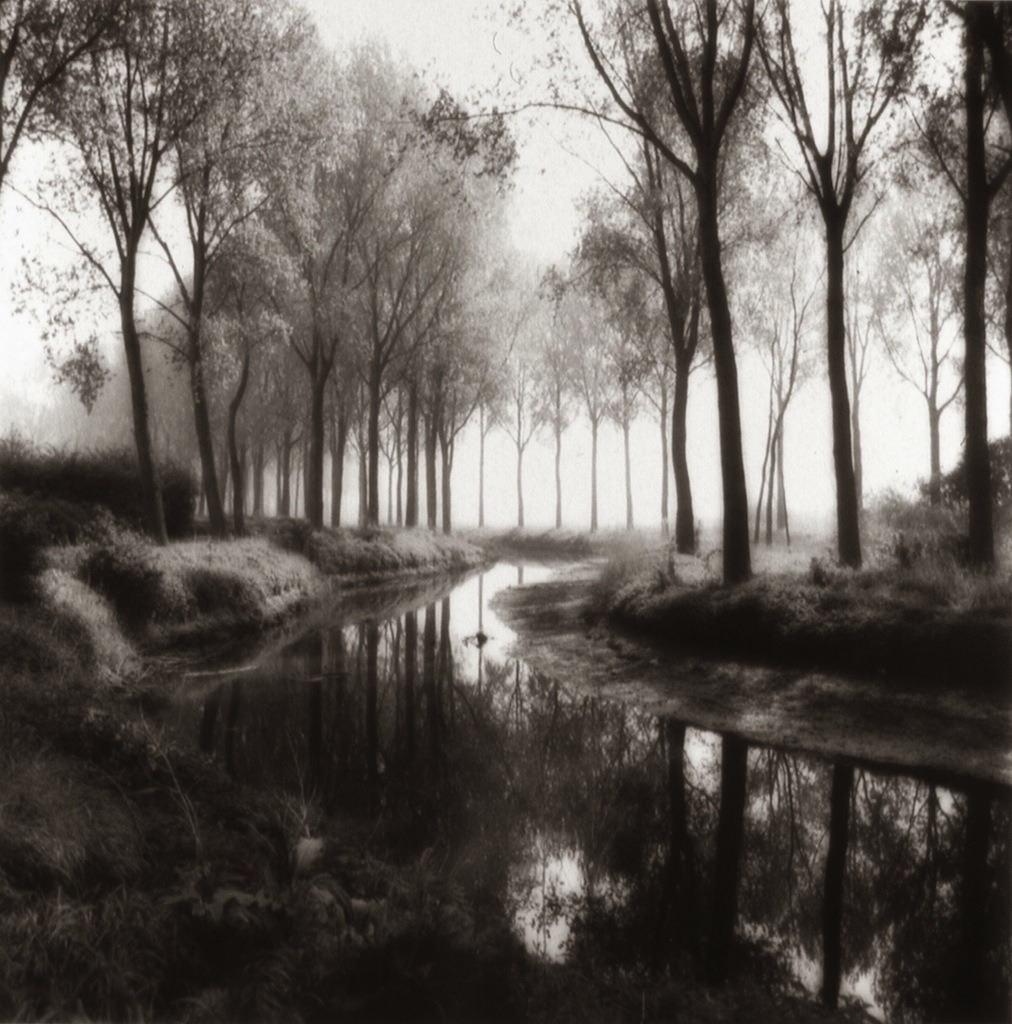If at times it has seemed that the whole project of lockdown has been a self-sacrificing effort to preserve the most vulnerable members of our society at the cost of economic benefit, those of us fortunate enough to continue working will feel this a price worth paying, even as cabinet members all too quick to pay lip-service to such noble rhetoric are never far from revealing their true, Thatcherite colours. This was amply demonstrated in the latest disclosure that millions of pounds of tax-payers' money has been siphoned off via the furlough scheme to wealthy non-residents (such as tax exile Jim Ratcliff and members of the Saudi royal family) rather than focused on the smaller businesses it was earmarked for. This seems all the more insulting in the context of the government's proposed pay rise of 1% offered to nurses and other frontline healthcare workers who have continuously put their lives on the line by playing a key role in confronting the crisis in our hospitals under unimaginably difficult conditions.
Poetry is built on the further paradox that it is invariably conceived and written in solitude but ultimately must function as an act of communication if it's to fulfil its fundamental motive (even if it is a case of "communicat(ing) before it is understood".) Although the thoughts of writers seem divided about whether lockdown has been beneficial for their creative process or not (eg. this Guardian article), many of us have experienced a fillip purely in the additional writing-time and solitude being at home has afforded us, as well as increased access to the ancillary activities that feed into our writing (eg. reading, nature walks, online research). But at the same time the communicative side of poetry, at least as it is manifested in live readings and face-to-face poetry groups and workshops, has suffered quite as much as the other performing arts and with it the sense that poetry also comes out of a living, breathing, talking community of other poets, "silly like us" (as Auden wrote of Yeats) but also bonded by that strange obsession with making lasting shapes out of the flyaway words that surround and confound us.
It could be said, however, that poetry has adapted to lockdown circumstances perhaps more easily than music or theatre, many of its live events migrating online with comparative ease. Attending a virtual reading from home can, of course, have its advantages over travelling to and from a venue, especially during winter and especially (as in my case) when you have two small children to put to bed with no literally no chance of a baby-sitter thanks to lockdown restrictions.
The launch reading for Tears in the Fence 73 which took place last week seemed at first an ambitious undertaking, as the editor David Caddy had invited every single poet with poems included in the issue to read at the event, a generously inclusive gesture which seems in keeping with the ethos of the magazine. In the end an extensive range of poets contributed to the reading, which lasted for well over two hours. As well as the eclectic range of styles and themes on display in the magazine's selection, what was also wonderful was the international diversity of the readers, something again which Zoom facilitates much more practically than a physical reading. The sense that writers from around the world were coming together in a shared purpose was palpable and did restore that feeling of poetic community we often - immured in our little microclimates - mislay. That the Tears in the Fence poets fostered by David are a supportive and highly receptive listenership was also apparent, with generous comments in the Chat panel the norm and an active sense of encouragement in how the writers interacted with one another.
I almost didn't make it to the reading for the very reasons cited above: my partner was also engaged on an online evening class so it was my turn to put the little ones to bed. I had literally just rocked my crying son to sleep and rested him on the sofa. I logged into the reading which seemed to take a few moments because of connection problems, but as soon as David's face came onto the screen he said "Is Oliver there?" I hardly felt prepared but fortunately had the edition of the magazine to hand and didn't have time to be nervous so just launched into the reading of my poem ('Elegiac Improvisation on the Death of John Hartley Williams'). This first foray into online reading, to an audience of listeners across the UK, Europe and beyond, felt like extending my voice and my words into a broader echo chamber of resonances, taking their place within a creative conversation that is ongoing.
Copies of Tears in the Fence 73 are still available from the website.


.jpg)
